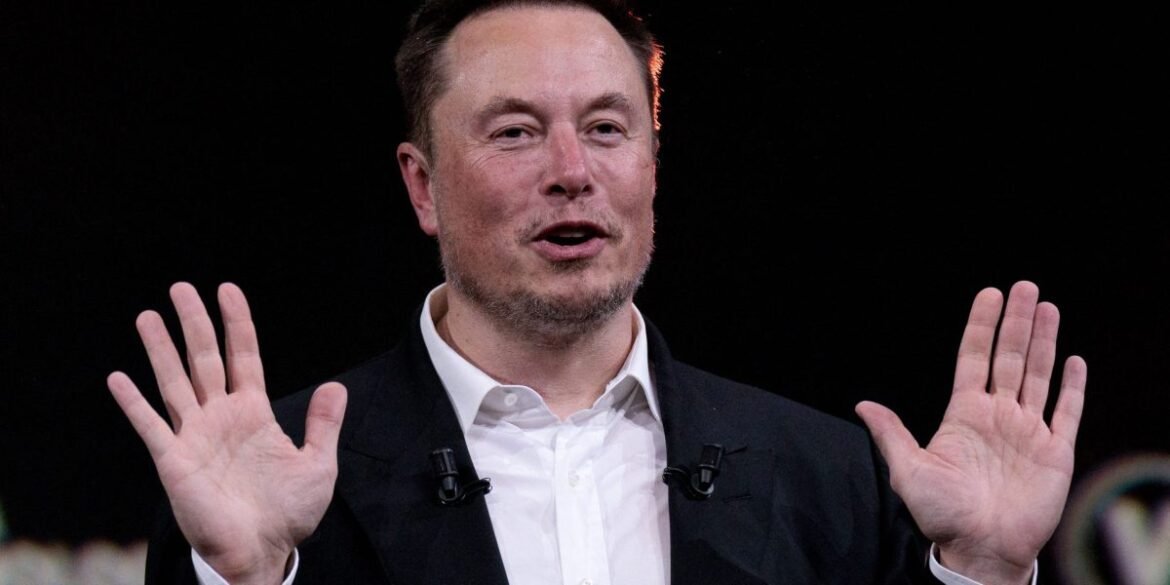
Tesla’s top-selling electric vehicles now compete directly with gasoline cars on price after the latest round of price reductions. The lower prices could cost the company $1.2 billion a year, according to at least one investor.
At $38,990, the base Model 3 sedan now costs $8,700 less than the average amount paid for a car or truck in the US. The starting price for a Model Y SUV is $3,700 below the average auto price of roughly $48,000, according to an analysis by Bloomberg Green. Tesla started cutting prices at the start of the year, twisting the screws on legacy automakers that were already struggling to make electric vehicles profitably.
“Now the fun part of cost declines … life after price parity,” said Sam Korus, an analyst at Ark Investment Management, which manages funds with approximately $1.27 billion in Tesla stock. “There is no reason why battery costs or EVs should halt their price declines at price parity. The product can continue to cost less, or it continues to sit in the same price segment and performance improves.”
While Tesla’s share price was little changed by the cuts last week, the drumbeat of reductions this year has driven a wedge between some investors. Gary Black, managing partner at The Future Fund, said last week’s changes alone will cost Tesla $1.2 billion a year starting in 2024.
Black has used his widely followed X social media account to advocate for Tesla to spend money on traditional advertising campaigns rather than price cuts. “Amazes me that Tesla uber-bulls [are] trying to spin last night’s price cuts as positive,” Black posted on Oct. 6. “We would prefer Tesla use long-term advertising investment to educate [internal combustion engine] owners to go EV rather than price cuts.”
The Model 3’s starting price is now $6,500 less than the cheapest BMW 3 Series, which is often seen as the Tesla sedan’s most direct gasoline-powered competitor. Adding in a $7,500 federal EV incentive and fuel savings puts the cost of ownership on par with a 2024 Toyota Corolla.
Tesla has also dropped the price of its higher-end vehicles, the Model S full-size sedan and Model X three-row SUV, both of which are at their cheapest ever compared to the US average transaction price. In September, that benchmark price for a new vehicle in the US was $47,698, according to automotive information firm Edmunds.
Some see Tesla’s price cuts as the cost of propping up demand after Chief Executive Officer Elon Musk’s acquisition of Twitter Inc. — now X Corp. — and his increasing engagement with right-wing politics.
“Sadly Tesla continues to have to cut prices to sell cars,” said Ross Gerber, co-founder and CEO of wealth management firm Gerber Kawasaki Inc. “Piss off core demo and kill margins to unload inventory. The master plan!”

